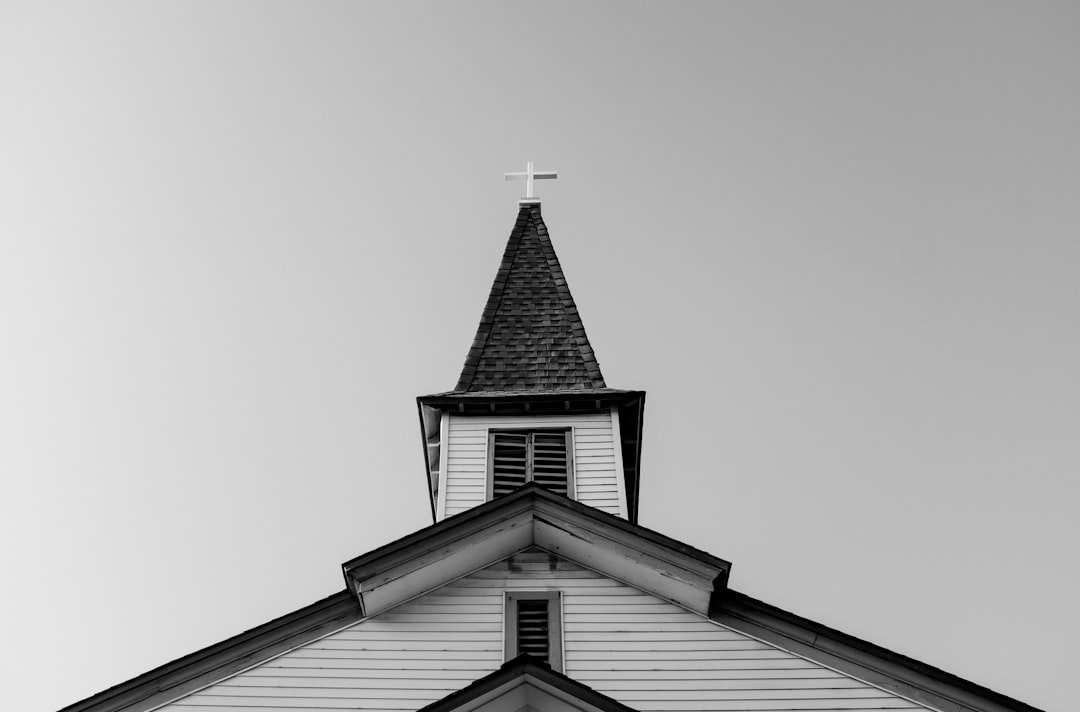“In Denver, Colorado, the issue of clergy abuse demands careful attention and legal advocacy. This sensitive topic affects individuals deeply, requiring a supportive and understanding approach. This article explores the critical aspects of seeking justice for victims of clergy abuse. We guide readers through understanding this complex issue, knowing their legal rights in Denver, choosing the right clergy abuse lawyer, and providing local support resources for survivors. By addressing these key areas, we aim to empower individuals to take action.”
Understanding Clergy Abuse: A Sensitive Issue

Clergy abuse is a sensitive and complex issue that requires careful navigation, especially in a city like Denver, Colorado. It involves any form of inappropriate or harmful behavior by members of the clergy towards individuals within their care or congregation. This can range from emotional manipulation to physical assault, sexual harassment, or exploitation, often occurring under the guise of spiritual guidance or authority.
Understanding this sensitive issue is paramount when seeking legal assistance in Denver. Victims of clergy abuse may face unique challenges due to the power dynamic and trust inherent in the clergy-congregant relationship. Therefore, it’s crucial to consult with an experienced clergy abuse lawyer in Denver CO who can provide guidance tailored to Colorado’s laws and local regulations while ensuring victims’ rights are protected.
Legal Rights for Victims in Denver, CO

In Denver, Colorado, victims of clergy abuse have specific legal rights and options available to them. If you or someone you know has experienced sexual harassment, assault, or any form of misconduct at the hands of a religious leader or institution, it’s crucial to understand your entitlements under the law. A dedicated clergy abuse lawyer in Denver CO can guide survivors through this challenging process, ensuring their rights are protected and helping them seek justice and compensation for the harm they’ve suffered.
Colorado laws offer several avenues for victims to pursue legal action against perpetrators and hold religious organizations accountable. These include civil lawsuits for damages, reporting requirements for certain types of abuse, and the possibility of criminal charges in severe cases. By consulting with a skilled clergy abuse lawyer Denver CO residents can navigate these complex issues and take the necessary steps to find closure and receive the support they deserve.
Choosing the Right Clergy Abuse Lawyer

When seeking a clergy abuse lawyer in Denver, CO, it’s imperative to select an attorney with specialized knowledge and experience in handling such sensitive cases. The process of choosing the right legal representative involves several key considerations. First and foremost, ensure the lawyer has a proven track record representing victims of clergy abuse, preferably within the state of Colorado. This expertise will be invaluable when navigating the complex legal landscape surrounding these matters.
Additionally, look for an attorney who demonstrates empathy and understanding towards victims’ unique circumstances. The best clergy abuse lawyers in Denver will be able to offer tailored guidance, ensuring your rights are protected while maintaining confidentiality. Their ability to communicate effectively, answer your questions thoroughly, and provide clear explanations of the legal process is also critical.
Support and Resources for Survivors Locally

Surviving clergy abuse can be a challenging and emotional journey, but it’s important to know that support is available locally in Denver, Colorado. Many organizations and resources are dedicated to assisting survivors, providing much-needed help and guidance. One crucial step for victims considering legal action is to connect with a reputable clergy abuse lawyer Denver CO. These legal professionals have the expertise to navigate complex cases involving religious institutions and can offer invaluable support throughout the process.
Local support groups, therapy services, and community organizations also play a vital role in helping survivors heal. They provide safe spaces for sharing experiences, offer counseling, and facilitate connections with other individuals who have faced similar traumas. These resources are essential in empowering survivors to take control of their healing journey while exploring legal options if necessary.






